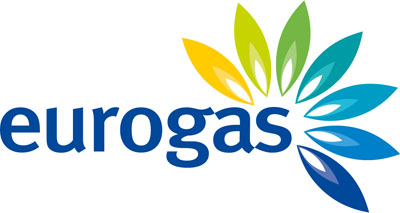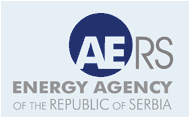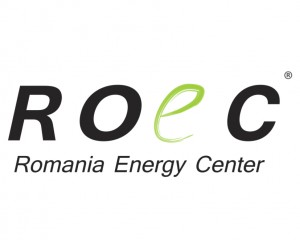The European Commission on Thursday presented a legislative proposal setting the first ever carbon dioxide emission standards for heavy-duty vehicles in the EU in a bid to curb emissions.
In accordance with the proposal, in 2025, the average CO2 emissions of new heavy-duty vehicles will have to be 15 percent lower compared to 2019; and at least 30 percent lower in 2030.
The Commission said action was needed to curb emissions from trucks, buses and coaches, which it said produced around a quarter of carbon dioxide emissions from road transport in the EU, and around six percent of the EU's total CO2 emissions.
The 2025 target is mandatory, while the other is "aspirational, giving long-term direction”, the Commission noted, adding the 2030 target would be reviewed in 2022 to incorporate additional information on the new technologies needed to meet it.
"As a first step, the CO2 emission standards are proposed for large lorries, which account for 65 percent to 70 percent of all CO2 emissions from heavy-duty vehicles,” it said, adding in 2022, the scope would be extended to include other vehicle types such as smaller lorries, buses, coaches and trailers.The proposal also includes a mechanism to incentivize the uptake of zero- and low-emission vehicles, in a technology-neutral way.
"Today, about 98 percent of our lorries rely on diesel. There are virtually no large zero emission lorries on European roads, and few zero emission buses in cities,” the Commission said.
Noting that almost all manufacturers had announced plans for zero emission vehicles, the Commission said it proposed to support these technologies and foster innovation through an incentive system which complements the Action Plan on batteries.
"This system of super credits will reward those manufacturers who will invest more in innovative technologies, while preserving the environmental integrity of the CO2 targets. It also includes zero-emission buses which are needed for cleaner air in cities,” it said.
According to the Commission, the proposal will contribute to the achievement of the EU's commitments under the Paris Agreement, reduce fuel consumption costs for transport operators – mostly small-to-medium sized enterprises – and consumers. It would also help "maintain the technological leadership of EU manufacturers and suppliers".Expected benefits include around 54 million tons of CO2 reduced in the period 2020 to 2030 – equivalent to the total annual emissions of Sweden, it said.
The Commission also expects savings at the pump amounting to around €25,000 ($29,500) in the first five years of use for a new lorry bought in 2025 and up to about €55,000 ($64,900) in the first five years of use for a new lorry bought in 2030.
Other anticipated benefits include oil savings of up to 170 million tons of oil over the period 2020 to 2040 – worth around €95 billion ($112.1 billion) at current prices; and GDP increases resulting in the creation of around 25,000 new jobs in 2025.
(Anadolu Agency, May 17, 2018)




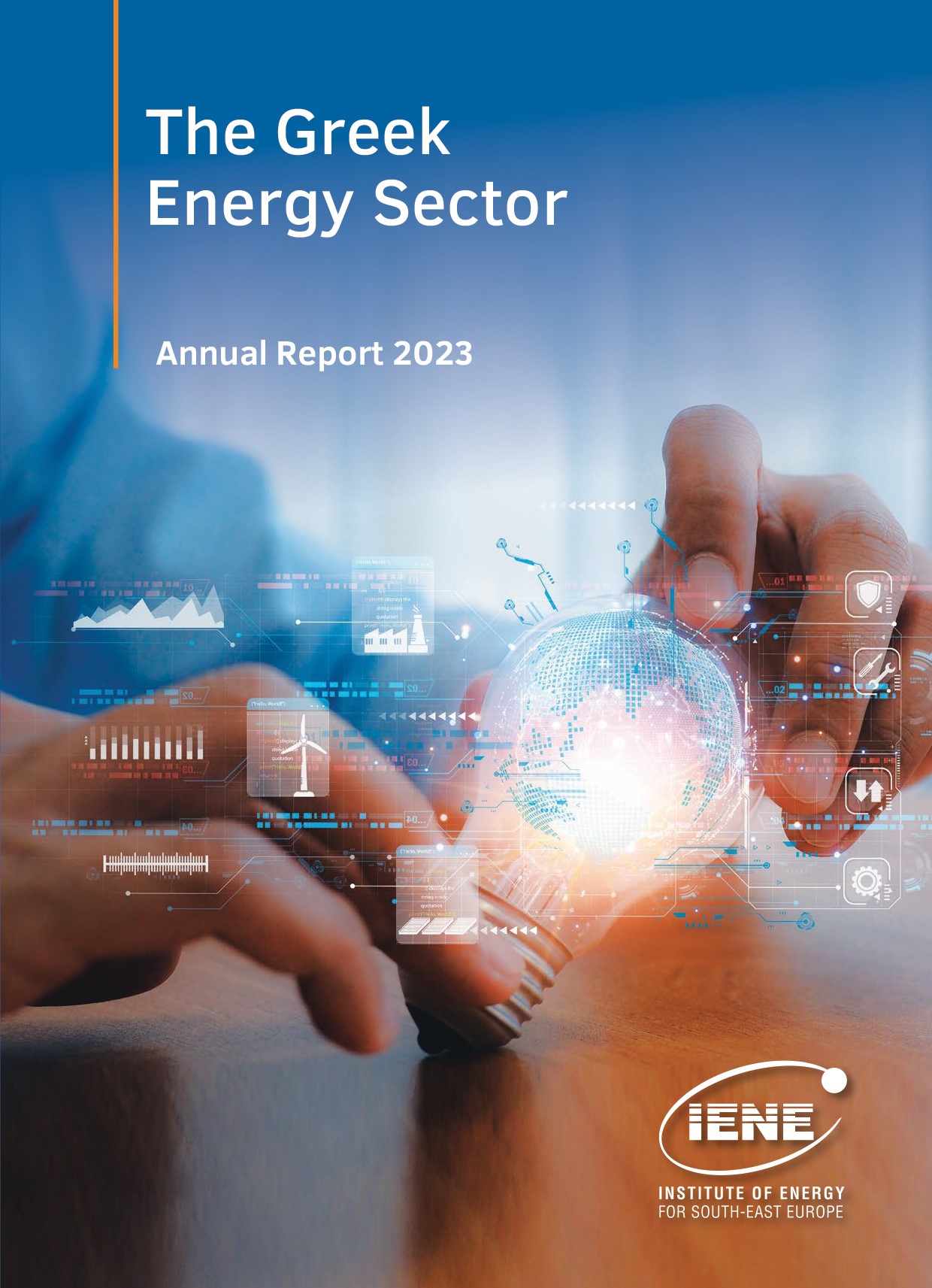

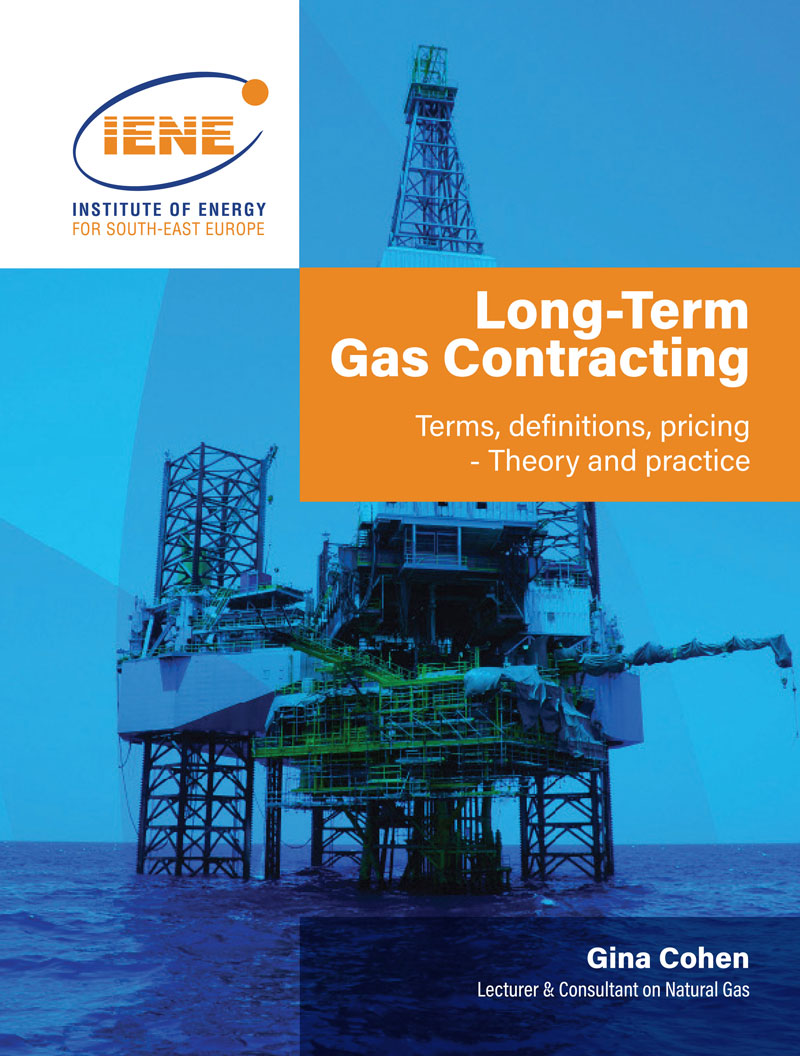 More
More




